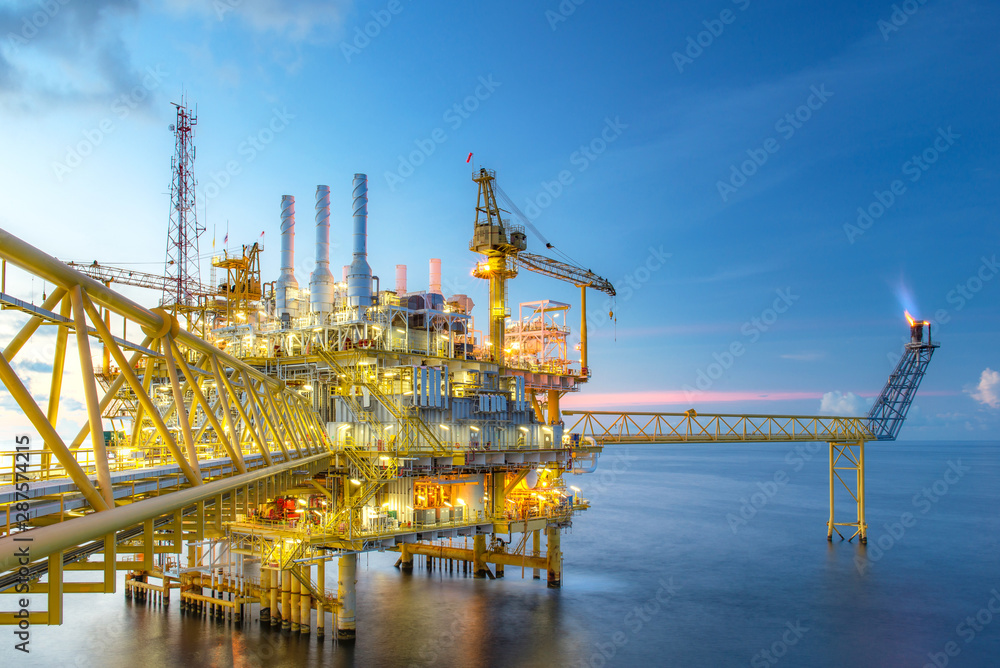Zinc carbonate

Indroduction
Zinc carbonate (ZnCO3) is a white, insoluble compound that occurs naturally as the mineral smithsonite. It has various applications across different industries. Here is a detailed description of zinc carbonate, including its properties and applications:
Chemical Composition
| CAS No. | |
| Formula | ZnCO3 |
| Molar Mass | Approximately 125.38 g/mol |
| Solubility | Insoluble in water; decomposes when heated to produce zinc oxide (ZnO) and carbon dioxide (CO2). |
Physical Properties
| Appearance | White solid |
| Density | 4.398 g/cm³ (at 20°C) |
| Melting Point | Decomposes upon heating |
Uses and Applications
| 1 | Zinc Oxide Production | Zinc carbonate is a precursor in the production of zinc oxide. When heated, it decomposes to form zinc oxide and carbon dioxide.
ZnCO3→ZnO+CO2 |
| 2 | Dietary Supplements | Certain forms of zinc carbonate are used in dietary supplements as a source of the essential mineral zinc, which plays a crucial role in various physiological functions. |
| 3 | Rubber Industry | Zinc carbonate is used as an activator in the rubber industry, especially in the production of latex foam rubber. It helps in vulcanization processes, contributing to the strength and elasticity of rubber products. |
| 4 | Paints and Coatings | Zinc carbonate is utilized in the formulation of some paints and coatings as a pigment and corrosion inhibitor |
| 5 | Corrosion Protection | It is employed as a corrosion inhibitor in various applications, including the protection of metal surfaces in the oil and gas industry |
| 6 | Oil Field Applications |
|
| 7 | Synthesis of Other Zinc Compounds | Zinc carbonate serves as a starting material for the synthesis of various other zinc compounds used in different industrial processes. |
It’s important to note that the specific application of zinc carbonate can vary based on its form, purity, and the requirements of the industry using it. As with any chemical compound, proper handling, storage, and safety precautions should be observed in industrial and laboratory settings.
